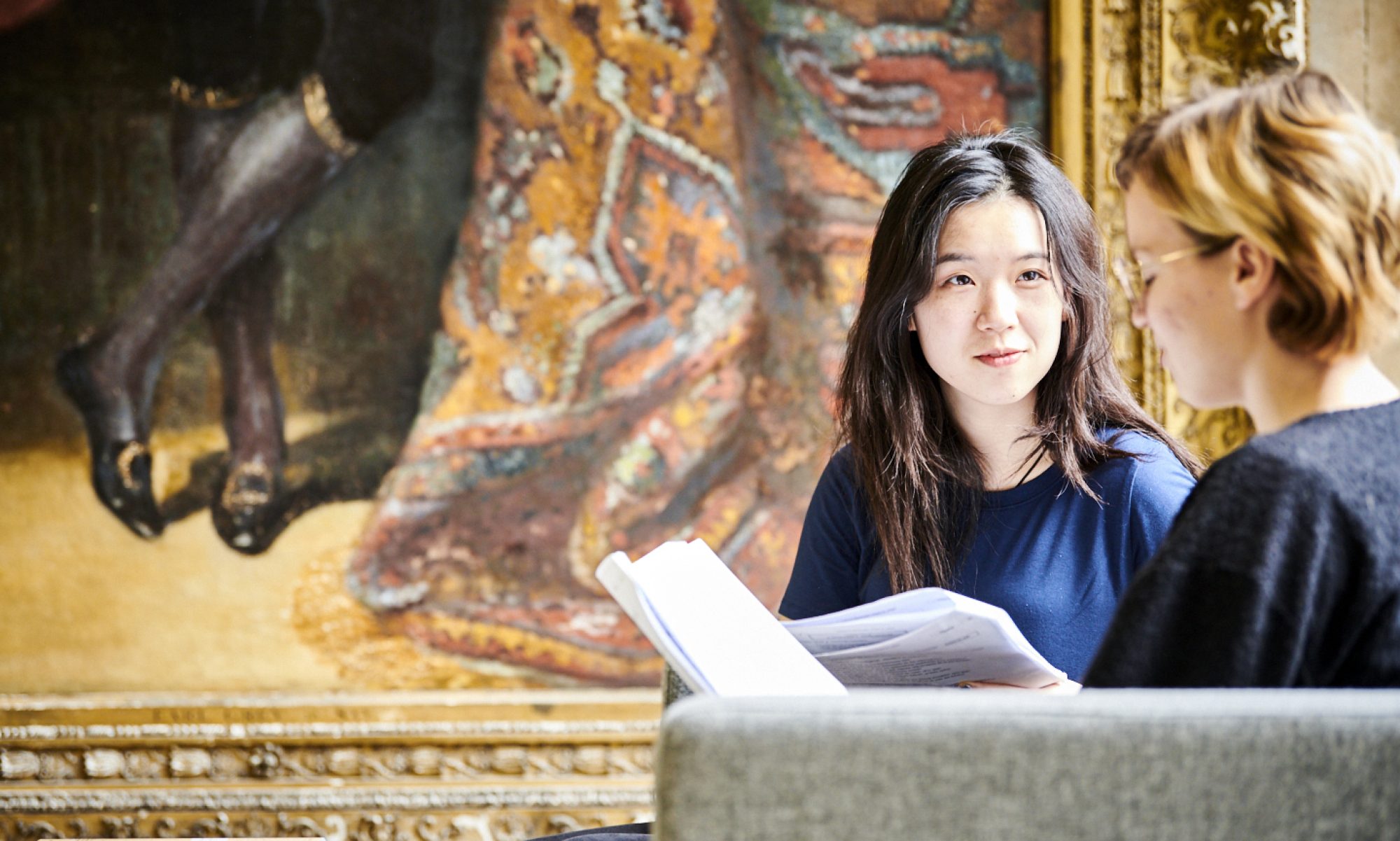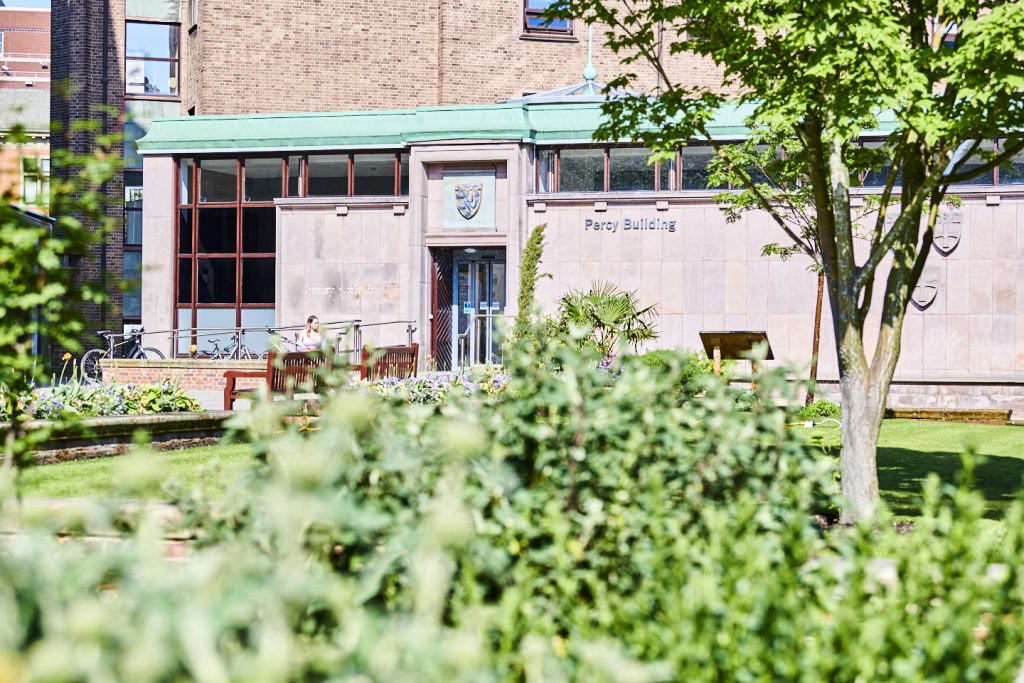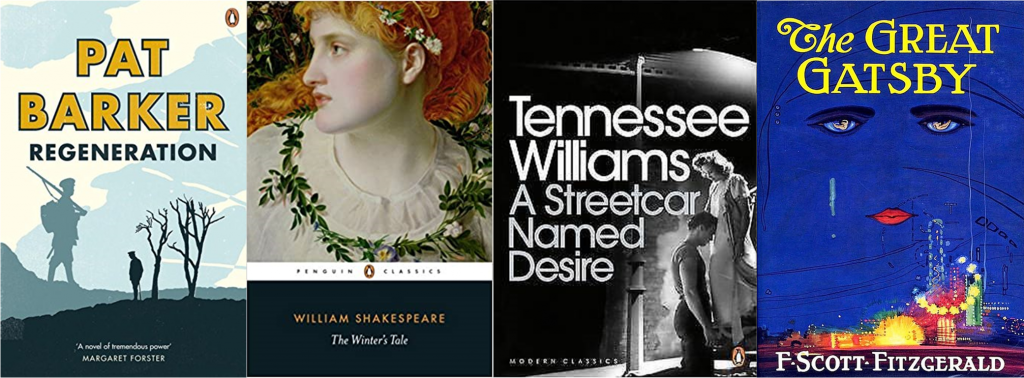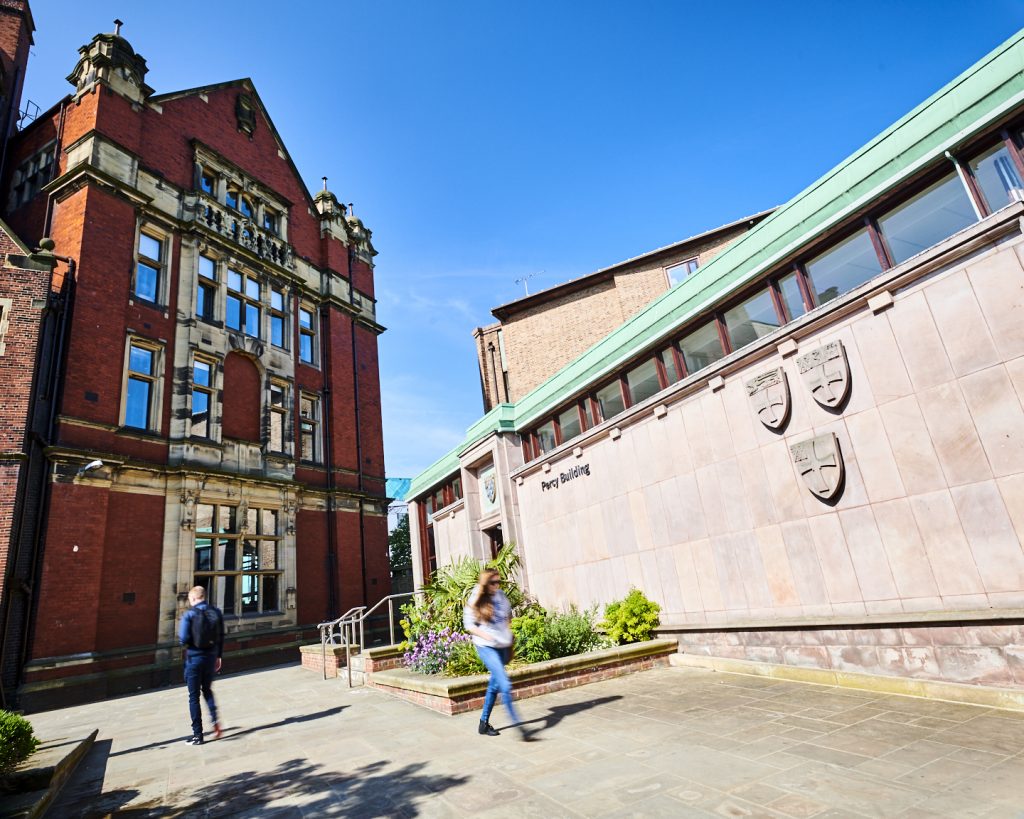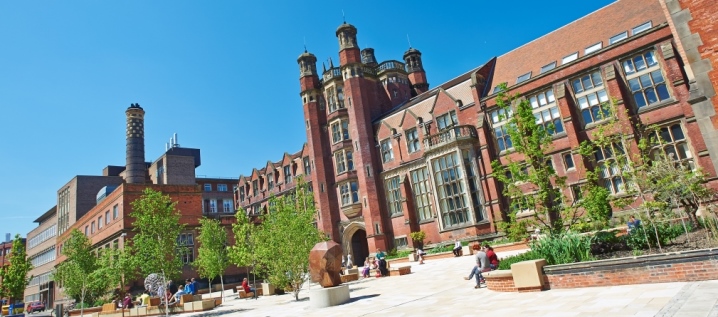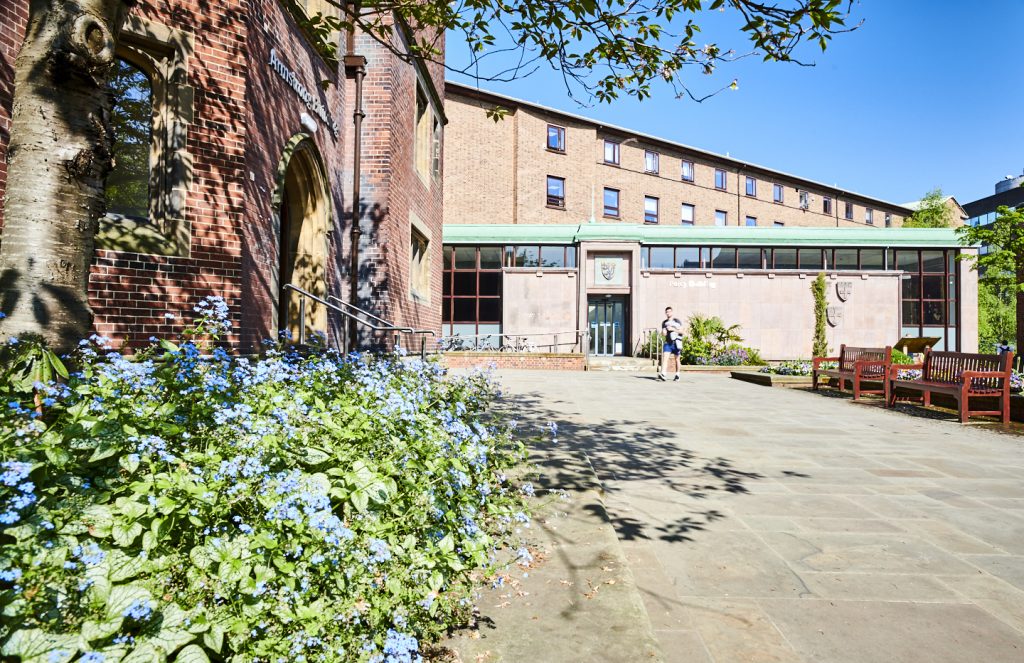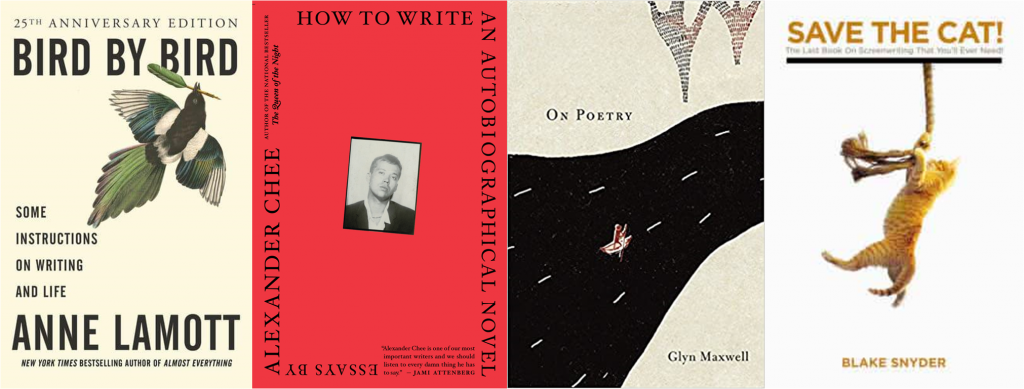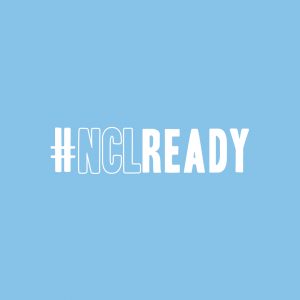
Monday 2nd – Sunday 15th November 2020
New this semester, SELLL UG News is a fortnightly round up compiled by Professional Services (PS) staff in the School of English Literature, Language and Linguistics. The idea is to give you a summary of what is going on in the School with standard items such as wellbeing support, upcoming events and topical information. If you would like to see certain information included in the Newsletter, please email your ideas to caroline.ede@newcastle.ac.uk
UPCOMING EVENTS
Virtual Go Abroad Fair
Wednesday 4th November 2020, 1-4pm. Online.
Current Stage 2 students are invited to the Virtual Go Abroad Fair to learn about opportunities to go abroad during your Newcastle degree. The event will be hosted on Microsoft Teams. It is recommended that you install the app onto your device in advance. You can sign up to the event online. You will be sent a link to join the Go Abroad Fair on the morning of the event.
UG Student Voice Committee (SVC)
Monday 16th November 2020, 3-4pm. Online.
Your undergraduate committee will be meeting with staff to discuss how you’ve found the start of term, and the transition to teaching online. If you have any thoughts or ideas you would like to raise with the committee, please get in touch with your course representative. All rep details can be found online and will be made available on the NCL app very soon.
Buffer/Enrichment Week
w/c Monday 16th November 2020. Online.
A schedule of events for your Enrichment Week will be made available on Canvas, in the same course you found your induction information.
Mental Health in 20th Century Literature Reading Group
Wednesday 11th November 2020, 5-6pm
A new informal reading group set up in conjunction with the Postgraduate Culture Group (PGCG). The first meeting will be discussing short extracts from The Bell Jar by Sylvia Plath. Extracts will be provided by email in advance, so no need to buy the book. The group is open to undergraduates and postgraduates. To register your interest, please email m.stevenson1@newcastle.ac.uk
CURRENT STUDENT SUCCESS
Lucia Qureshi, a 3rd year BA in English Literature and History student, has been highly commended at the Global Undergraduate Awards Programme 2020 for her essay ‘Crossing the Boundaries Between Primates and People: An Exploration of Anthropomorphism and Zoomorphism in The Jungle Book and She’. This is a fantastic achievement which came out of her work on the School’s ‘Victorian Passions’ module.
More SELLL student success
Three of our students were nominated for the Endowed Prizes Awards and received confirmation that they have obtained one of the prestigious University awards.
Ashley Roberts (Stage 2, Linguistics) has won the Stanley Dennison Scholarship Prize for their academic achievement during 2019-20.
Polly Dacam (Stage 2, English Language) and Louisa Rimmer (Stage 2, English Literature) have both
received one of the Endowed Prizes based on their respective academic achievements in 2019-20

STUDENT WELLBEING & SUPPORT
In SELLL, student wellbeing and support is one of our top priorities. We’ve highlighted some of the key contacts, services and processes available:
Personal Tutor
Your Personal Tutor is your first point of contact for any issues you might be having. If you need further help, they can recommend contacting the Senior Tutor or Student Wellbeing.
Senior Tutors
The senior tutors act as a second point of contact for you. They can also be contacted with queries about the personal tutor system or in the event of more complicated issues affecting your academic studies.
Stage 1 Senior Tutor: Dr James Cummings
Stages 2 & 3 Senior Tutor: Professor Martha Young-Scholten
School Office Staff
The SELLL School Office is currently open Monday-Thursday 10am-2pm. Members of staff are also available to contact via email. Key contacts are listed below:
- Absence Requests, Personal Tutor Queries, SSPs, Online Chat – caroline.ede@ncl.ac.uk
- PEC, Online Chat – karen.patterson@ncl.ac.uk
- Module selection, Canvas – kate.errington@ncl.ac.uk
- Assignment Submissions or any other queries – English@ncl.ac.uk
Online Chat for a quick response
If you have a question for the School Office and need a quick reply, you can log onto our twice weekly online chat service, through the Current Student section on the website. To access the chat, scroll down and click on the Contact Us icon on the right side. Online chat is available every Tuesday 10-12am and every Thursday 2-4pm.
Absence Requests
If you are going to be absent for 3 consecutive days or more (Monday-Friday), please submit an absence request through S3P.
Personal Extenuating Circumstances (PEC)
If you have difficulties completing your assignments or handing your work in on time because of personal extenuating circumstances, the most important thing you can do is tell the School about any problems you are having. Please talk to your personal tutor or the appropriate senior tutor in the first instance. PEC forms are submitted through S3P, and more information is available on our website.
Student Support Plan (SSP)
If you need any extra help to support your studies, a Student Support Plan (SSP) can be drawn up for you with an advisor from Student Health and Wellbeing. You can contact Student Wellbeing in person, by phone, or an online form, and the link gives all the information.
Nightline
Nightline is a confidential and anonymous listening and information service run by students for the benefit of students. Contact them any night of term to talk about how you’re feeling or request information about other services. In light of the ongoing COVID-19 situation, Nightline is currently only operating its instant messaging service with opening hours 8pm to 2am
And to sign off with a joke…
How did Charlotte Brontë make it easier for everyone to breathe?
She created Eyre…
We hope you enjoyed reading the SELLL news.
From the Professional Services Staff in the School of English Literature, Language and Linguistics.
